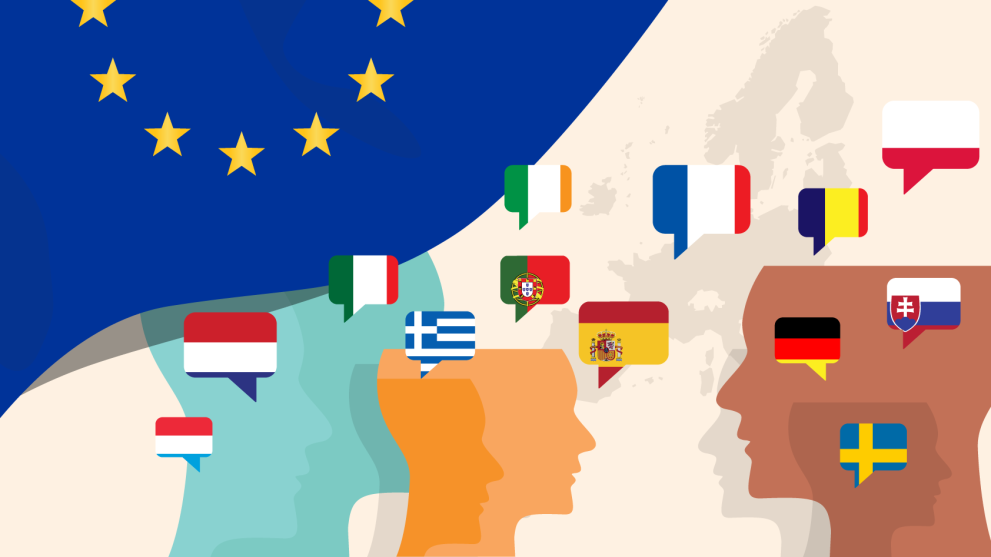Languages on this website
The European Medicines Agency (EMA) makes its most important information on medicines and on its work available in all official European Union (EU) languages on this website.
Corporate
On Monday, 12 January 2026, between 07:00 and 10:00 CET (Amsterdam time), this website will be unavailable due to scheduled maintenance.
This language policy is in line with EMA’s commitment to provide unbiased information to patients, healthcare professionals and all European Union (EU) citizens on the medicines it evaluates. This commitment lies at the heart of EMA’s public health mission.

EMA’s official working language is English. The Agency therefore carries out its business in English and makes all of its content available in English.
EMA also makes the information that is of greatest impact and relevance for general audiences available in all official European Union (EU) languages. This includes:
EU citizens can also interact with EMA in any official EU language in queries and public consultations.
Did you know...?
EMA publishes information in all EU languages on its corporate website. This includes translated written content in PDF document format. Users can select the desired language from a simple drop-down menu.
EMA’s language policy sets out the ways in which it works in English and other official EU languages.
EMA's language policy is available in all official EU languages, plus Icelandic and Norwegian. Select ‘available languages’ below to access the language you need
The policy explains how EMA considers the impact of and relevance for stakeholders and public health protection in its decisions regarding translation. It prioritises the information aimed at patients and healthcare professionals.
EMA sometimes makes information available in English before other EU languages, while translation is ongoing. It does this when necessary to avoid delays in publication of the information.
On this website, EMA makes technical information available in English. This is aimed primarily at the pharmaceutical industry.
English is the language that this industry operates in globally. It is also the language in which standard terminology is available and used internationally, including by international authorities such as the World Health Organization (WHO) and the European Directorate for the Quality of Medicines (EDQM) of the Council of Europe.
The Agency uses English in this setting to reduce the risk of misunderstanding, ambiguity and potentially important errors that translation might introduce.
EMA makes information related to its scientific assessments of individual medicines available in all official EU languages:
More information:
EMA publishes general information on what it does, how it works, its reponsibilities and its people in all official EU languages:
Information about EMA and frequently asked questions is available in all official EU languages. Select ‘available languages’ to access the language you need.
EU citizens can send a question on this website in any official EU language. EMA will reply in the same language.
The Agency accepts contributions to public consultations in any official EU language.
Whenever possible, EMA makes public consultation documents available in official EU languages.
More information:
The information featured on this page is available, above, in all official EU languages, plus Icelandic and Norwegian. Select ‘other languages’ to access the language you need.